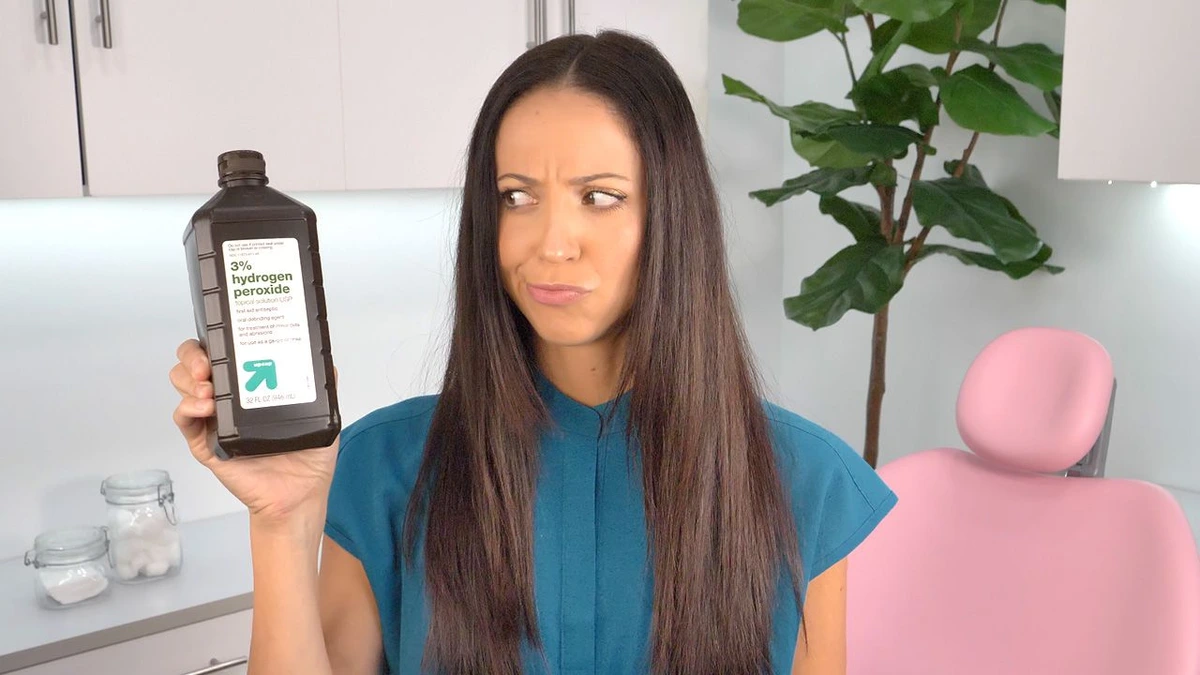Blog
Is Hydrogen Peroxide Safe? Learn How to Use It Safely
Hydrogen peroxide is a common household product that many people use for various purposes. However, the question remains: is hydrogen peroxide safe for use in your home? This article will explore the safety of hydrogen peroxide, its uses, potential risks, and important precautions to consider. By the end, you’ll have a clearer understanding of this versatile chemical and how to use it safely.
What Is Hydrogen Peroxide?
Hydrogen peroxide (H₂O₂) is a clear, colorless liquid that is commonly used as a disinfectant, bleaching agent, and antiseptic. It has strong oxidizing properties, which makes it effective for killing bacteria, viruses, and fungi. The concentration of hydrogen peroxide can vary, with household products typically containing 3% to 10%, while industrial solutions can be much stronger.
Is Hydrogen Peroxide Safe for Household Use?
Household Uses of Hydrogen Peroxide
When considering is hydrogen peroxide safe, it’s essential to look at its common applications:
- Disinfection: Many people use hydrogen peroxide to disinfect surfaces in their homes, including kitchen counters and bathroom fixtures. Its effectiveness against pathogens makes it a popular choice for cleaning.
- Wound Care: Hydrogen peroxide is often used as a topical antiseptic for minor cuts and scrapes. It helps to kill bacteria and prevent infection.
- Stain Removal: This chemical can be effective in removing stains from fabrics and carpets, making it a handy tool for home cleaning.
- Whitening Agent: Hydrogen peroxide is sometimes used in teeth whitening products and hair bleaching treatments due to its ability to lighten colors.

Risks Associated with Hydrogen Peroxide
While hydrogen peroxide can be beneficial, it is crucial to recognize the potential risks. So, is hydrogen peroxide safe when it comes to its application?
- Skin Irritation: Using hydrogen peroxide on your skin can cause irritation or burns, especially at higher concentrations. Always dilute it before applying it to wounds.
- Inhalation Risks: Breathing in vapors from hydrogen peroxide can irritate the respiratory tract. It’s essential to use it in well-ventilated areas.
- Eye Damage: Direct contact with hydrogen peroxide can harm the eyes. Always use protective eyewear when handling concentrated solutions.
- Ingestion Hazard: Consuming hydrogen peroxide can be very dangerous and may cause serious harm. Keep it out of reach of children and pets.
How to Use Hydrogen Peroxide Safely
Dilution and Concentration
When asking is hydrogen peroxide safe, remember that dilution is key. For most household uses, a 3% solution is effective and safe. If you are using a more concentrated form, always dilute it according to the manufacturer’s instructions.
Storage and Handling
- Keep it Sealed: Always store hydrogen peroxide in a tightly sealed container to prevent it from breaking down and losing effectiveness.
- Avoid Light Exposure: Hydrogen peroxide decomposes when exposed to light. Store it in a dark bottle or in a dark place.
- Label Clearly: If you transfer hydrogen peroxide to another container, ensure it is clearly labeled to prevent accidental misuse.
Benefits of Using Hydrogen Peroxide
Despite the concerns, hydrogen peroxide has several advantages that make it a popular choice for many households. Here are some of the benefits:
- Eco-Friendly: Hydrogen peroxide breaks down into water and oxygen, making it an environmentally friendly cleaning solution.
- Cost-Effective: It is inexpensive compared to many commercial cleaning products, providing an affordable option for maintaining cleanliness.
- Multi-Purpose: From disinfection to stain removal, hydrogen peroxide can serve multiple functions in your home.
Alternatives to Hydrogen Peroxide
If you’re still uncertain about is hydrogen peroxide safe for your needs, consider these alternatives:
- Vinegar: A natural disinfectant that is effective against certain bacteria and viruses, but may not be as potent as hydrogen peroxide.
- Baking Soda: Great for scrubbing surfaces and deodorizing, baking soda is a non-toxic option for cleaning.
- Essential Oils: Some essential oils, like tea tree oil, have antibacterial properties and can be used for cleaning.
Conclusion
In conclusion, hydrogen peroxide can be a safe and effective cleaning agent when used properly. Always consider the concentration, potential risks, and safe handling practices. By following guidelines for its use, you can safely incorporate hydrogen peroxide into your cleaning routine.
